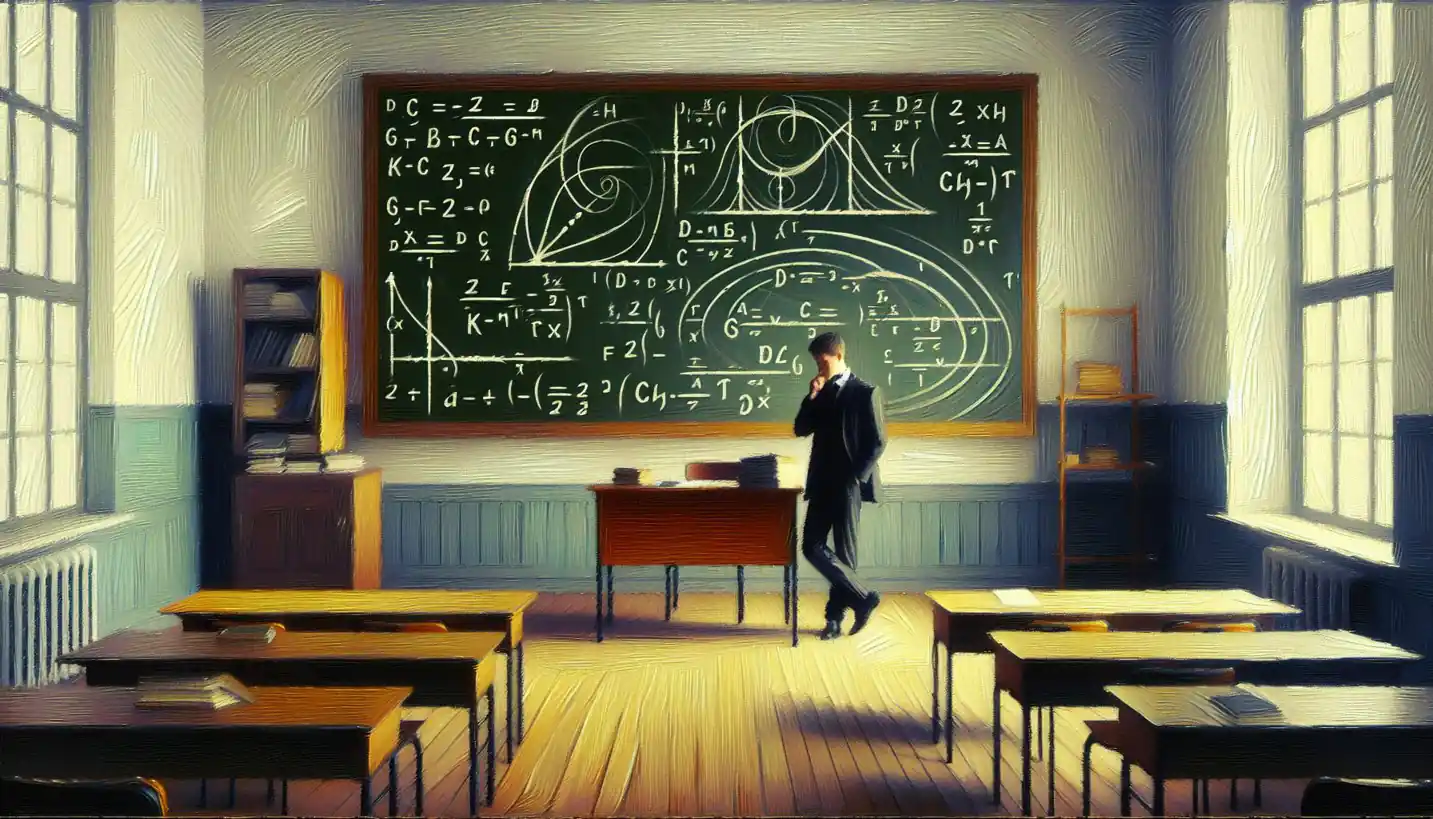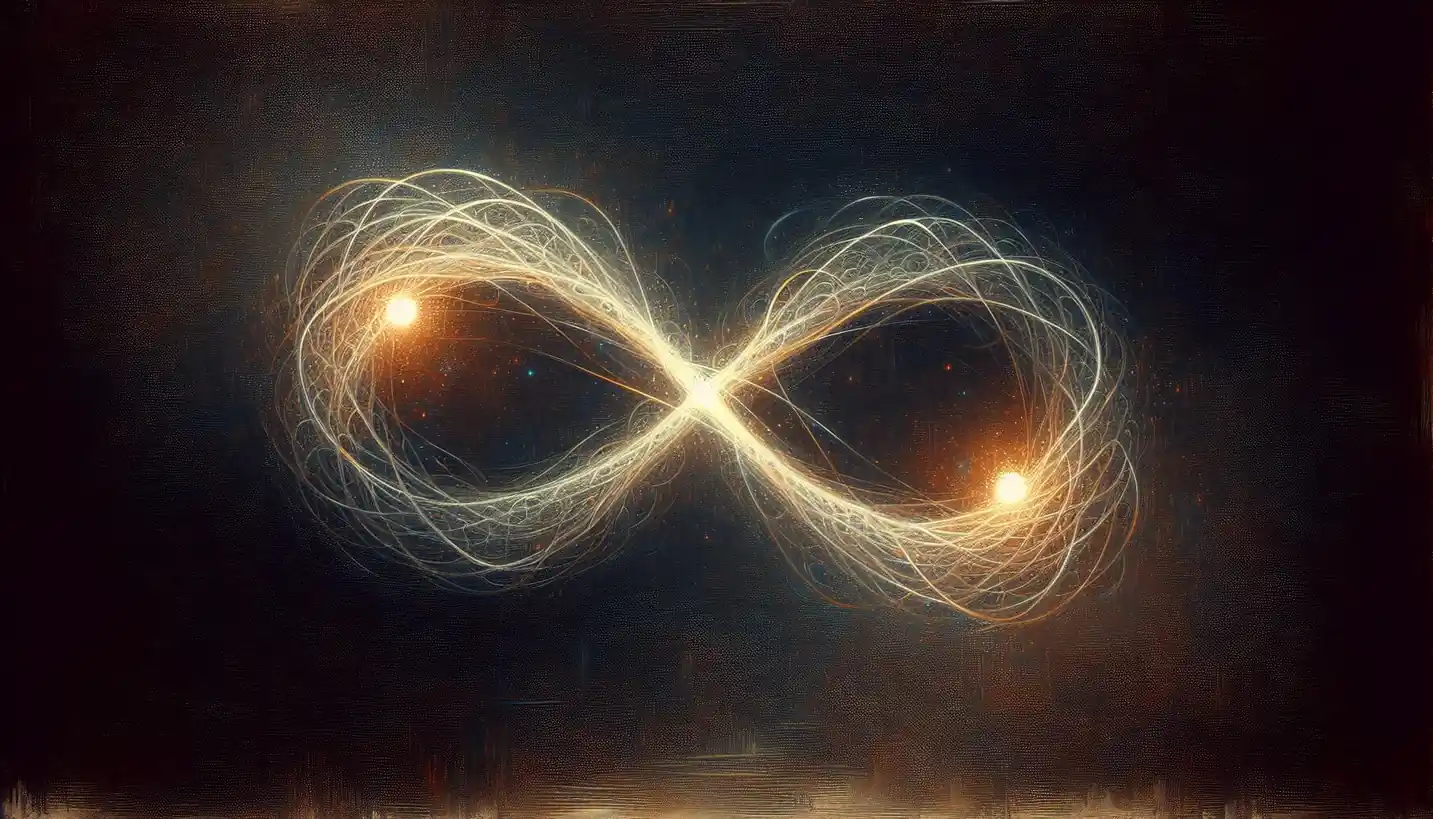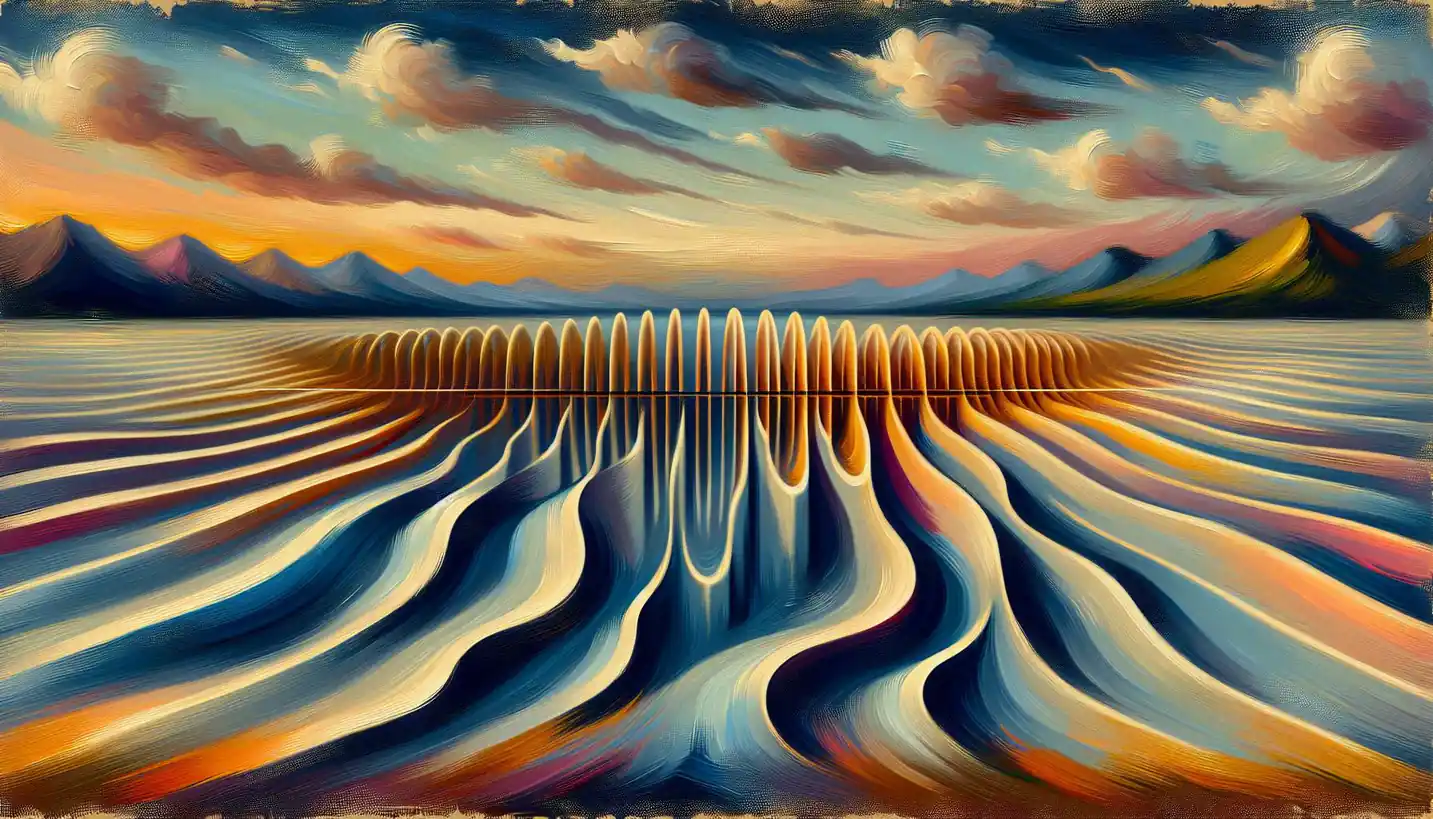· Physics · 4 min read
Hadrons: Unlocking the Secrets of the Universe
Hadrons consist of quarks bound together, forming protons and neutrons, the core components of atomic nuclei. Discover the fascinating world of hadrons and their role in shaping the matter in our universe.

You know, one of the most fascinating things about physics is how it uncovers the mysteries of the universe. Hadrons, for instance, may sound like an exotic term, but they are fundamental building blocks of our world. Let’s dive into this captivating world and unravel what hadrons are all about!
What Are Hadrons?
Hadrons are particles that feel the strong force, one of the fundamental forces in the universe. Think of them as the heavyweights in the microscopic world of particle physics. They’re composed of even tinier particles called quarks, held together by gluons, which are like the glue that binds them.
Quarks and Gluons: The MVPs
Imagine quarks as the colorful building bricks, and gluons as the mortar holding these bricks together. Quarks come in different “flavors” like up, down, and strange, and they team up in groups of two or three to form hadrons. Gluons are the force carriers—they’re what keep the quarks tightly packed.
Types of Hadrons
Now, hadrons aren’t just one type; they’re a bit like a cosmic recipe with different combinations and flavors.
Baryons: The Triple Threat
Baryons, including protons and neutrons, are the most familiar hadrons. Picture them as a trio of quarks waltzing together. Protons have two up quarks and one down quark, while neutrons have two down quarks and one up quark. These baryons form the nucleus of an atom, the core component of everything around us.
Mesons: The Dynamic Duo
Then there are mesons, made of just a quark and an antiquark. They’re a bit more mysterious because they’re not as stable and tend to break down quickly. But they’re vital in the grand scheme of particle interactions.
Why Do Hadrons Matter?
The significance of hadrons goes way beyond their subatomic scale. They’re the key to understanding the universe’s constitution and behavior. Here’s why they’re crucial:
Building Blocks of Matter
Since protons and neutrons form atomic nuclei, hadrons are literally the building blocks of ordinary matter. Their interactions determine the structure and stability of atoms, shaping everything from stars to human cells.
Unlocking the Strong Force
The strong force, one of the four fundamental forces, is the binding energy keeping quarks inside hadrons. Studying hadrons helps physicists understand this force better, offering insights into everything nuclear, from energy production to the life cycle of stars.
Cosmic Clues
Hadrons also reveal secrets about the early universe. High-energy collisions in particle accelerators, like the Large Hadron Collider, mimic the conditions just after the Big Bang, allowing scientists to observe hadrons in states that haven’t existed for billions of years.
The Hunt for New Discoveries
The quest to understand hadrons is far from over. The world of particle physics is a treasure trove of questions waiting to be answered.
Exploring Exotic Hadrons
Physicists are on the lookout for exotic hadrons, particles that don’t fit neatly into the baryon or meson categories. Discovering them could upend our understanding of particle physics.
Unlocking Quantum Chromodynamics
Quarks and gluons are governed by a theory called Quantum Chromodynamics (QCD). This theory is complex, but understanding it is essential for unlocking the secrets of the universe’s fundamental forces.
Future Frontiers in Research
With advancements in technology, new experiments are constantly being designed to delve deeper. Some aim to explore if there are particles beyond the standard model—hidden treasures at the frontier of physics.
Connecting the Dots
In the grand tapestry of the cosmos, hadrons hold a pivotal place. They’re more than just particles in a textbook; they’re witnesses to the universe’s birth and architects of the matter we see today.
So next time you look up at the night sky or ponder the atoms in a drop of water, remember the role these unassuming particles play in weaving the universe together.
Final Thoughts
Hadrons are like tiny explorers, guiding us in our quest to understand the cosmos. Through them, we gain a deeper appreciation of the universe’s intricate dance and our place within it. Who knows what other secrets these tiny yet mighty particles will reveal in the future? As we continue to explore, the universe promises to keep us on our toes with its infinite potential for discovery.


